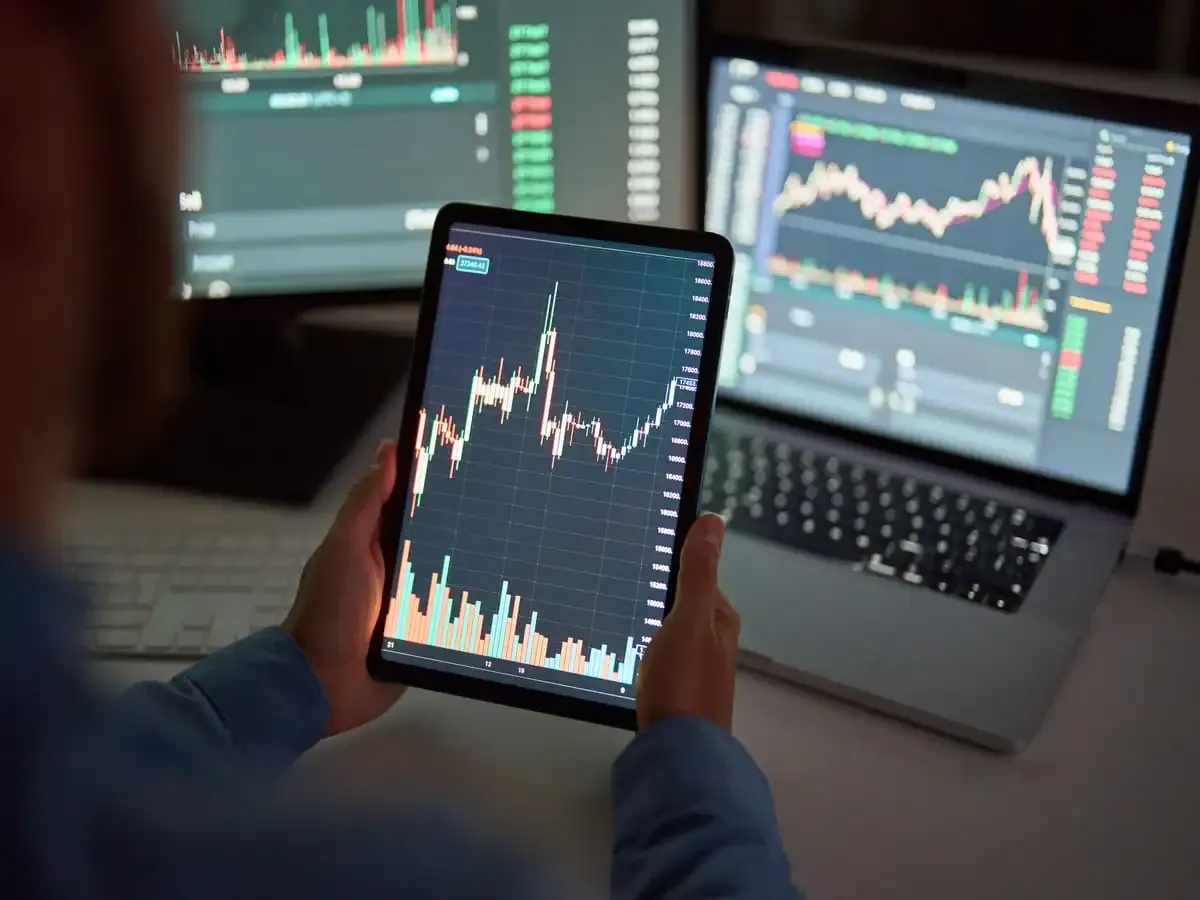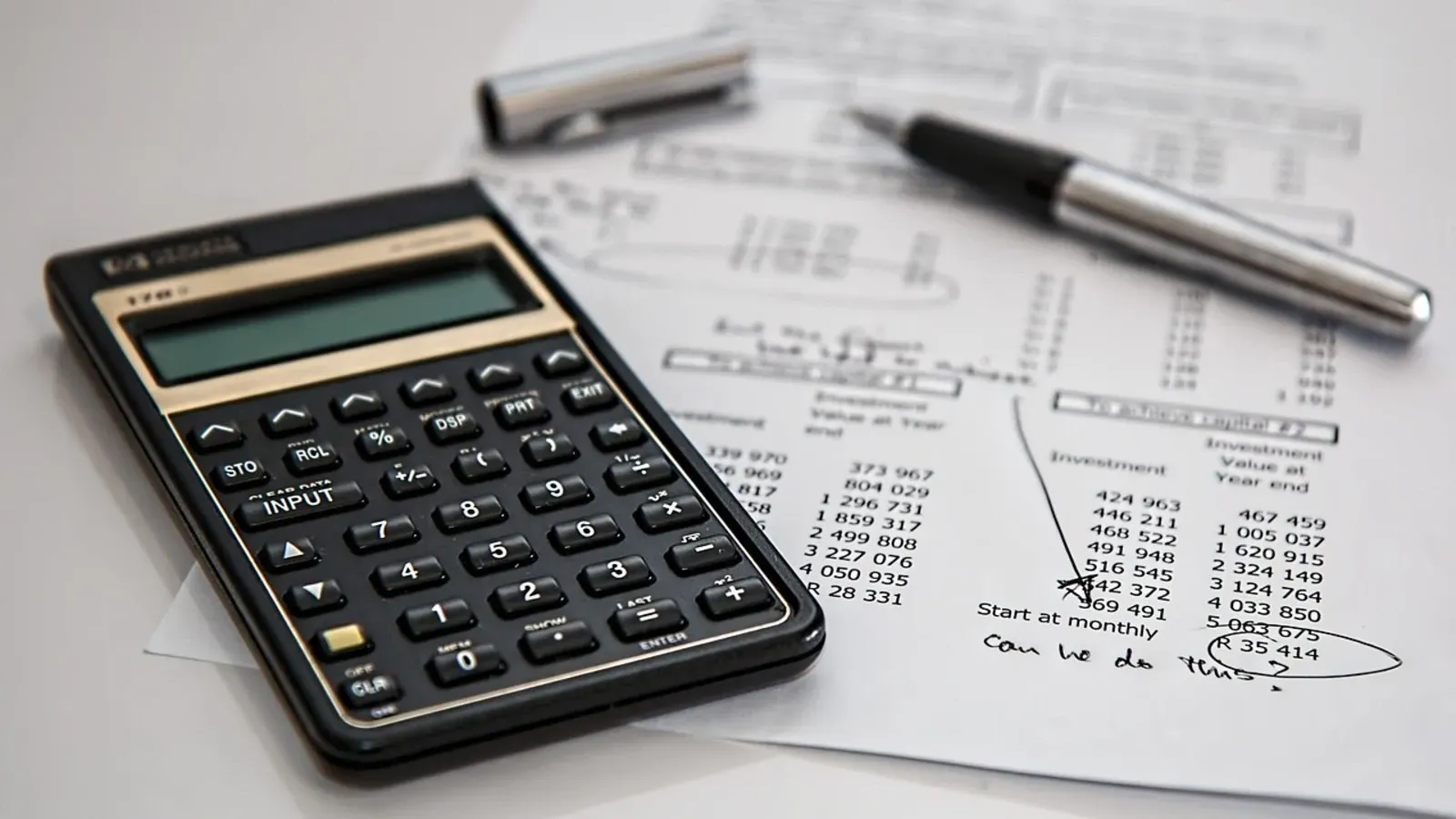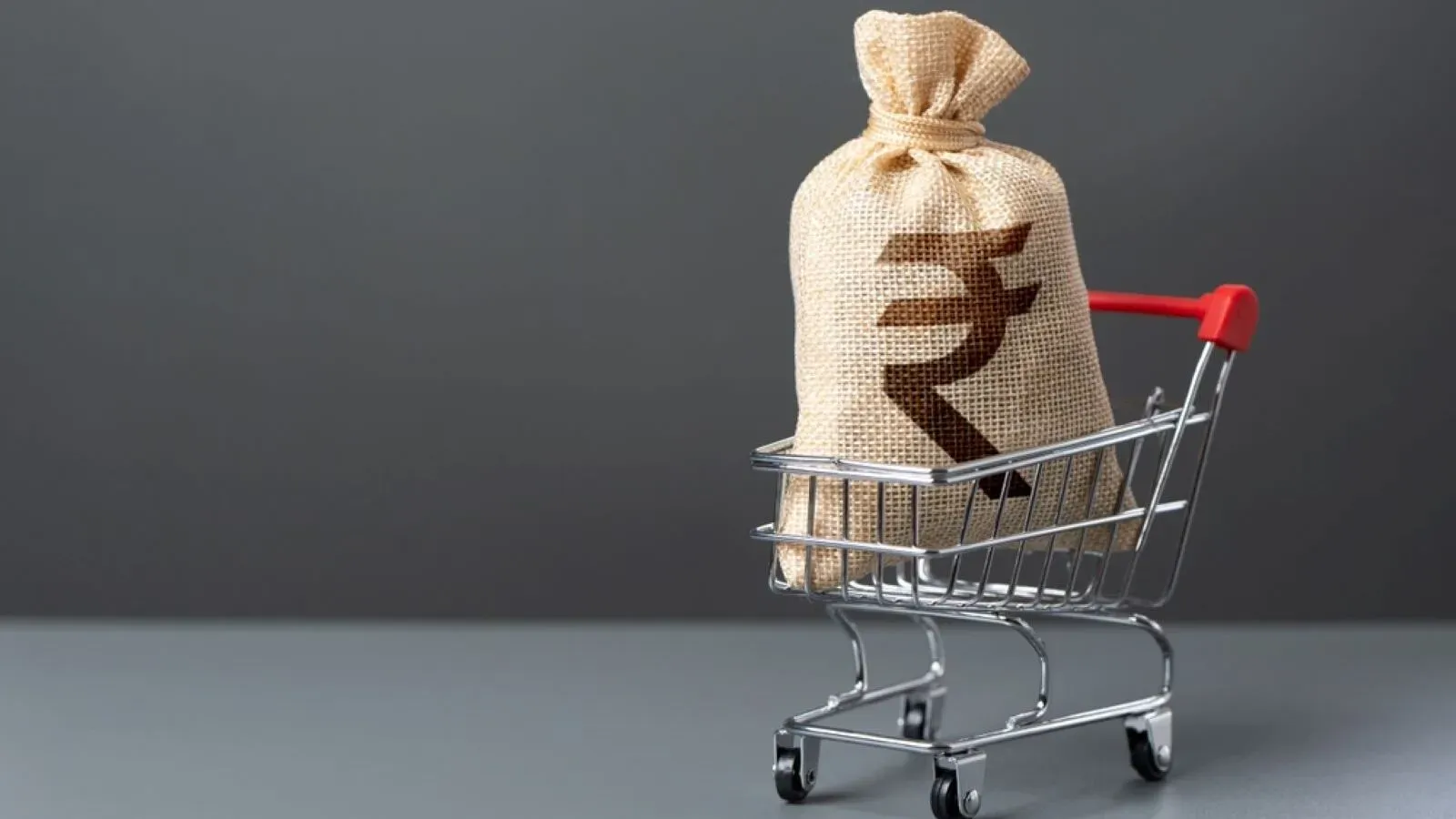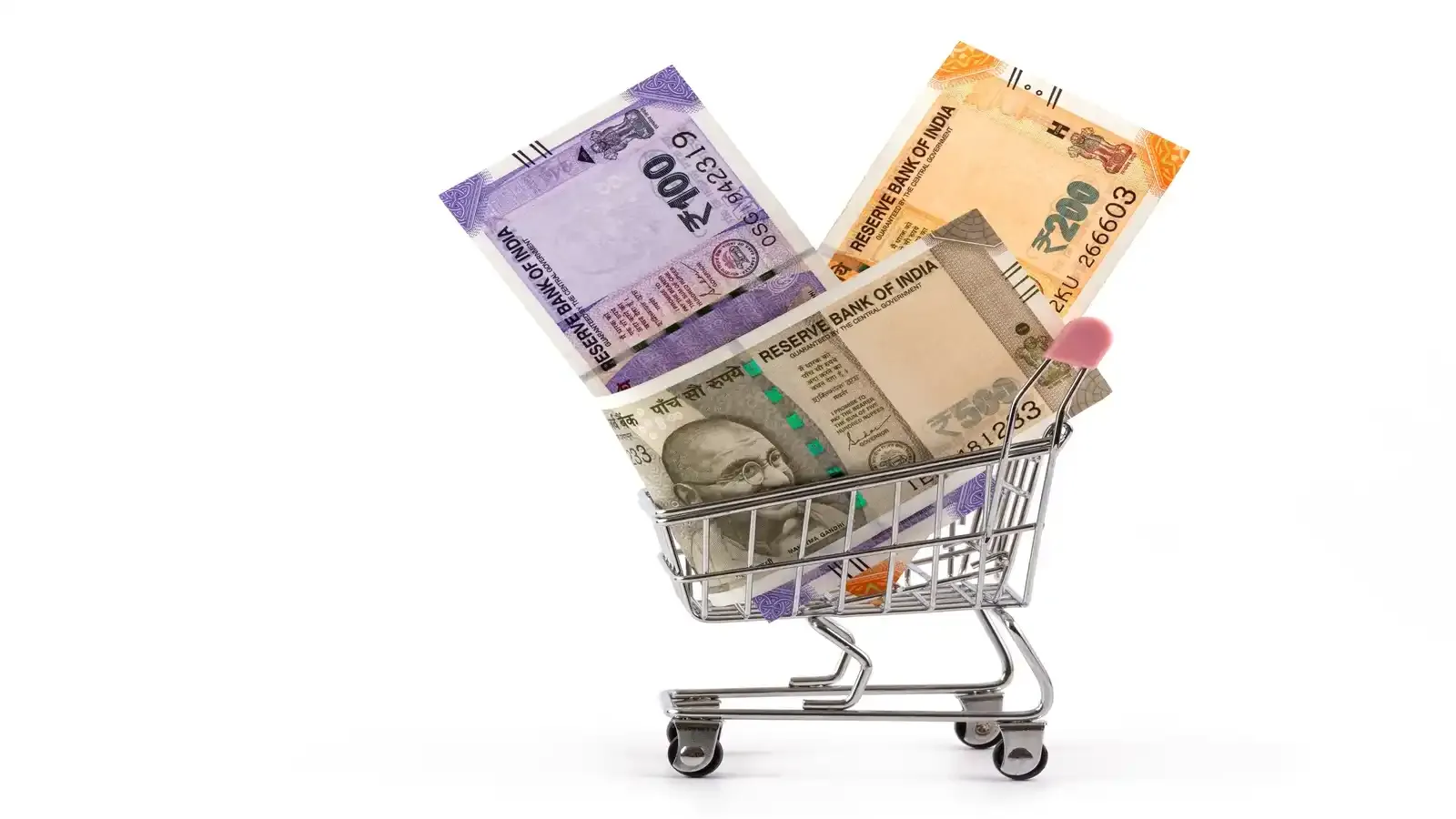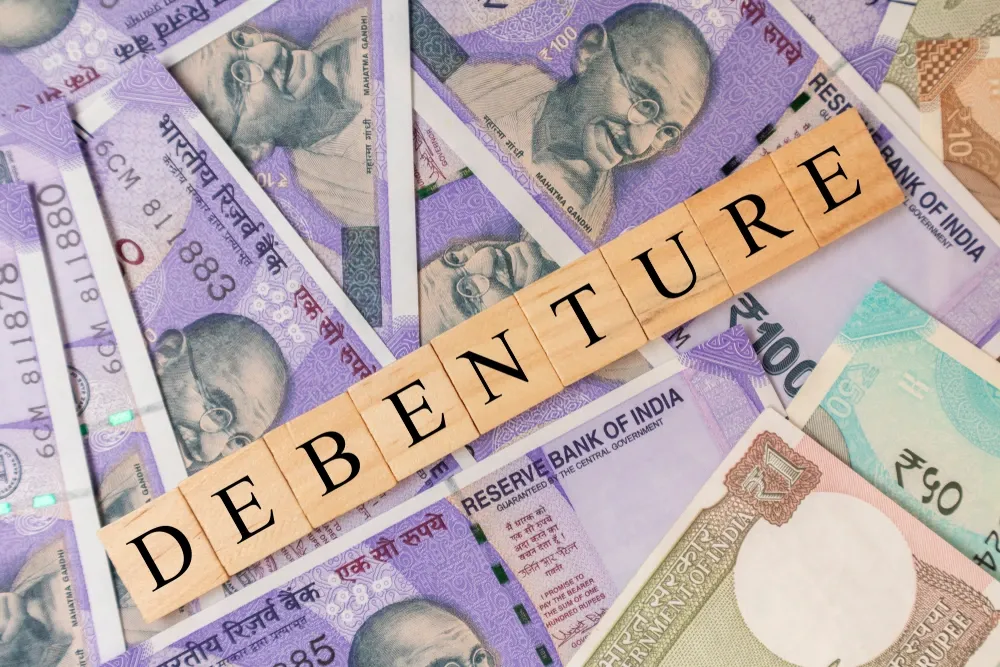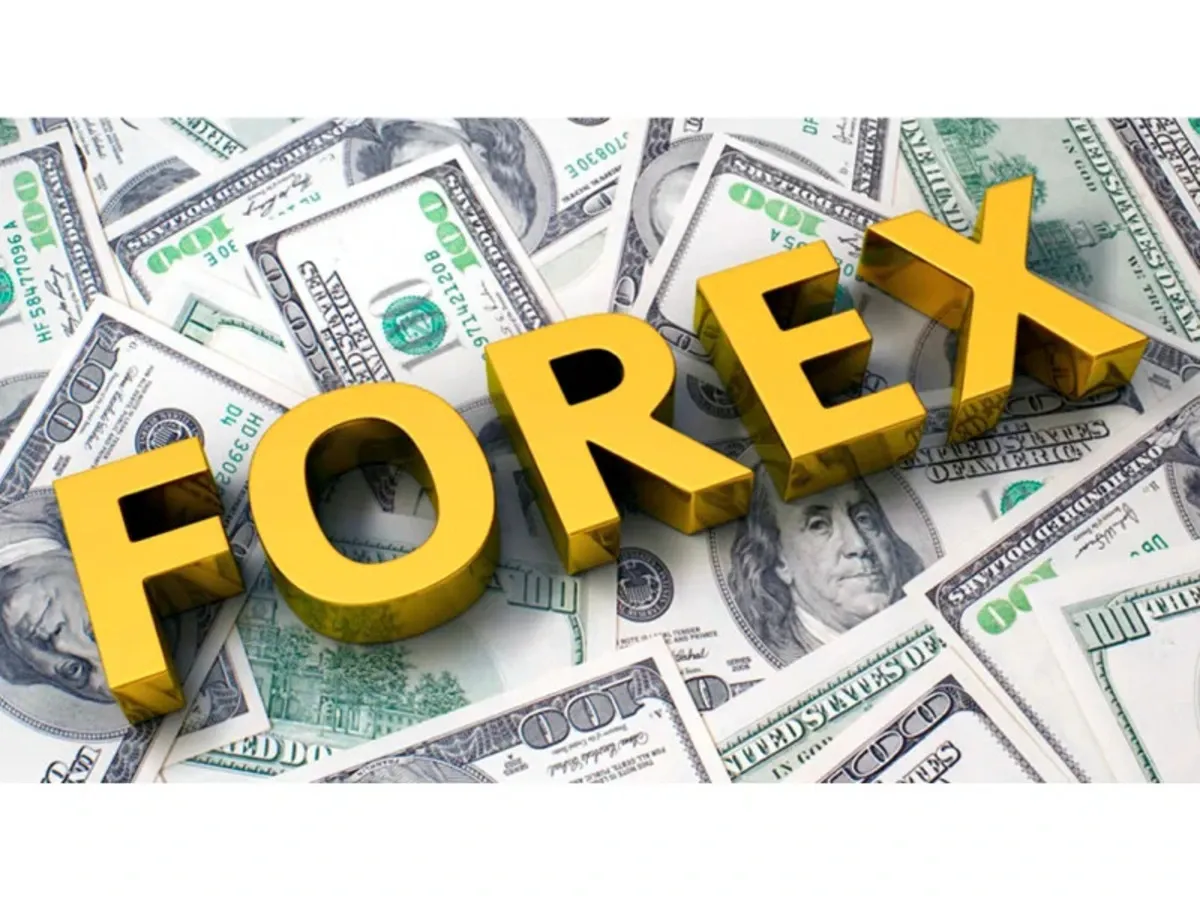Understanding the Relationship Between Silver Rate and Interest Rates
Written by Dev Sethia
Published on October 24, 2025 | 5 min read
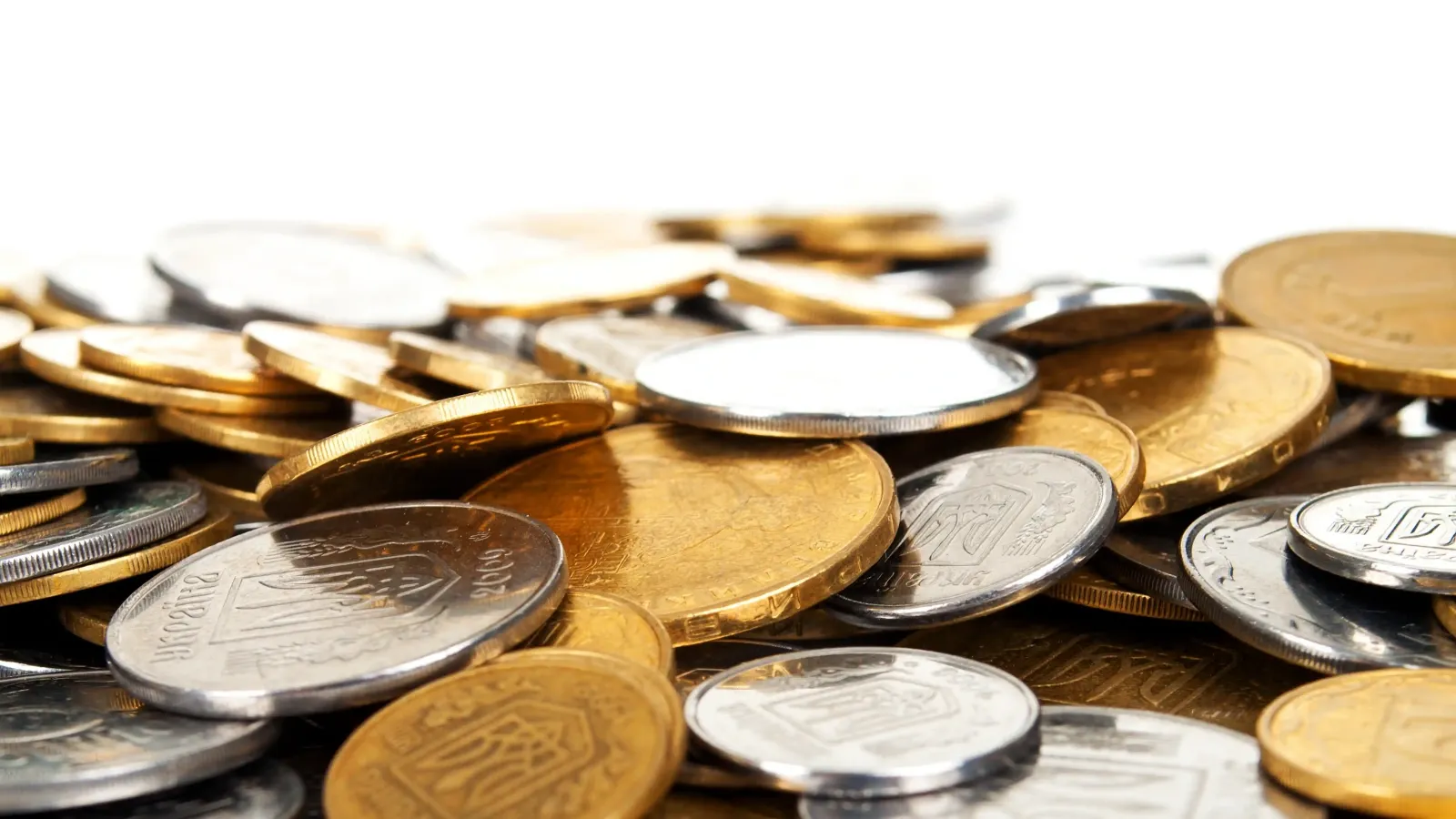
Silver prices and interest rates often move in the opposite direction. That is, when interest rates rise, silver prices generally fall, because higher rates make interest yielding assets such as bonds more attractive. Lower interest rates tend to raise silver prices, as they make non yielding assets like silver more attractive.
The Basics of Interest Rates and Silver
Interest rates are determined by central banks, such as the Reserve Bank of India (RBI) or the Federal Reserve in the United States, and they indicate the cost of borrowing money. In general, as interest rates increase, borrowing becomes more expensive, which results in more moderate economic growth. Conversely, lower interest rates encourage borrowing and spending and thus stimulate the economy.
Silver is often considered a hedge against inflation and general economic uncertainty, like gold; however, silver also serves as both a precious metal and an industrial commodity. As a result, silver prices are subject, not only to investment demand, but also to industrial demand.
What's the Relation Between Interest Rates and Silver Prices?
In the past, interest rates and silver prices have had an inverse relationship, where increases in interest rates typically cause the price of silver to fall.
When interest rates increase, those investing in fixed income securities (e.g., bonds) receive better returns, making those alternative investments more appealing and desirable than non interest bearing assets like silver.
Conversely, when interest rates fall, investors see a reduced opportunity cost of holding silver. Lower interest rates diminish the appeal of bonds or savings accounts and redirect investors to precious metals (e.g., silver) as a store of value. Increased demand for silver will drive up the price.
Inflation and Real Interest Rates
Another key factor that affects silver prices is real interest rates the nominal interest rate minus inflation. Silver is a good hedge against inflation, as its value usually rises when purchasing power decreases.
Due to high inflation and the lack of an equivalent rise in interest rates, real interest rates are negative. Such an environment is typically supportive of silver prices because investors will seek assets that will retain value despite deteriorating purchasing power in the currency.
However, if central banks act with aggression to raise interest rates to combat inflation, real rates will also rise, which is negative for silver demand and prices.
Impact of Economic Uncertainty
In addition to interest rates, economic uncertainty is a key factor affecting silver’s price action. During times of geopolitical strife, economic collapse, or general market volatility, demand for safe haven assets like silver and gold will often rise regardless of interest rates.
A good example is during the COVID 19 pandemic when silver prices dramatically increased, largely due to uncertainty and the variability of industrial demand in this instance, specifically due to silver’s importance in electronics and renewable energy solutions even when interest rates fell to an all time low globally.
Interest Rates and Silver Investment
In India, silver is culturally important and is frequently bought for decorative purposes (jewelry) and as an investment/Safe Haven. The Reserve Bank of India (RBI) directly influences interest rates through its monetary policy specifically, the bank rate, which sets pricing inflation on average.
When the interest rate in India fluctuates, due to inflation and/or slow growth in the economy, silver prices will similarly fluctuate. When interest rates are low for personal borrowing, for instance, Indians might increase their holdings of silver as a hedge investment, driving silver prices up. When interest rates rise, the situation could be reversed.
Interest rates have an influence on silver prices, with increased rates tending to reduce demand and prices but decreasing rates and economic uncertainty enhancing silver's safe-haven attractiveness. Both inflation and real interest rates help to determine its worth, thus turning silver into an investment as well as industrial commodity.
FAQs
What is the relationship between silver prices and interest rates?
Silver prices and interest rates typically share an inverse relationship. When interest rates rise, silver prices often fall due to the increased appeal of interest yielding assets like bonds. Conversely, lower interest rates tend to boost silver prices.
Why do investors prefer silver when interest rates are low?
Low interest rates reduce the returns on fixed income assets, making non yielding assets like silver more attractive. As a result, investors turn to silver as a store of value, increasing its demand and price.
How do real interest rates affect silver prices?
Real interest rates (nominal rates minus inflation) significantly influence silver prices. When real interest rates are negative, silver tends to perform well as a hedge against inflation and currency depreciation.
What role does economic uncertainty play in silver pricing?
During times of geopolitical tension or economic instability, demand for safe haven assets like silver increases, regardless of interest rate movements. This was seen during the COVID 19 pandemic when silver prices surged.
How does the Reserve Bank of India (RBI) influence silver prices?
The RBI sets interest rates through its monetary policy. When it raises rates to control inflation, silver prices may drop. When it cuts rates to stimulate growth, silver prices often rise due to increased investment demand.
About Author
Dev Sethia
Sub-Editor
a journalism post-graduate from ACJ-Bloomberg with over three years of experience covering financial and business stories. At Upstox, he writes on capital markets and personal finance, with a keen focus on the stock market, companies, and multimedia reporting. When he’s not writing, you’ll find him on the cricket pitch
Read more from DevUpstox is a leading Indian financial services company that offers online trading and investment services in stocks, commodities, currencies, mutual funds, and more. Founded in 2009 and headquartered in Mumbai, Upstox is backed by prominent investors including Ratan Tata, Tiger Global, and Kalaari Capital. It operates under RKSV Securities and is registered with SEBI, NSE, BSE, and other regulatory bodies, ensuring secure and compliant trading experiences.


















